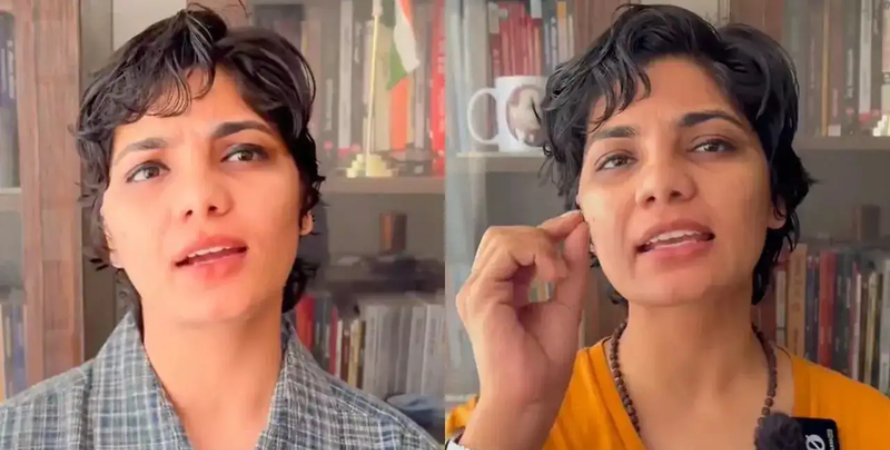The proverb ‘overuse of emotion means poor quality of argument’ warns that excessive emotional appeals can weaken logical coherence. This analysis explores its application to Kunal Kamra, Sanjay Sharma, and Neha Singh Rathore, whose emotionally charged styles shape their public arguments.
Kunal Kamra: Satirical Provocation
Comedian Kunal Kamra uses humor and outrage to critique politics. His 2025 parody labeling Eknath Shinde a ‘traitor’ sparked vandalism and FIRs. The emotional satire overshadowed a nuanced critique of the Shiv Sena split, aligning with the proverb. His 2020 confrontation with Arnab Goswami, driven by anger, lacked media ethics analysis, reducing its persuasive power.
Sanjay Sharma: Defiant Resistance
Journalist Sanjay Sharma’s response to the 2025 ban of his 4PM News YouTube channel called it a “murder of democracy.” His emotional defiance, accusing the Modi government of crushing journalists, resonated but lacked evidence of vendetta, weakening his argument. His Supreme Court plea emphasized indignation over legal specifics, reflecting the proverb’s caution.
Neha Singh Rathore: Emotive Protest
Folk singer Neha Singh Rathore’s “UP Mein Ka Ba” (2022) used empathy to critique governance, but its generalizations invited rebuttals for lacking data. Her 2023 song on caste violence, while poignant, offered no policy solutions, limiting argumentative depth, as the proverb suggests.
Kamra’s provocations, Sharma’s defiance, and Rathore’s songs rely on emotion, risking oversimplification. Indian thought systems advocate disciplined emotion, but unchecked appeals obscure logic, supporting the proverb.
Kamra, Sharma, and Rathore’s emotional rhetoric amplifies their voices but undermines argumentative quality. Balancing emotion with evidence could enhance their impact.





